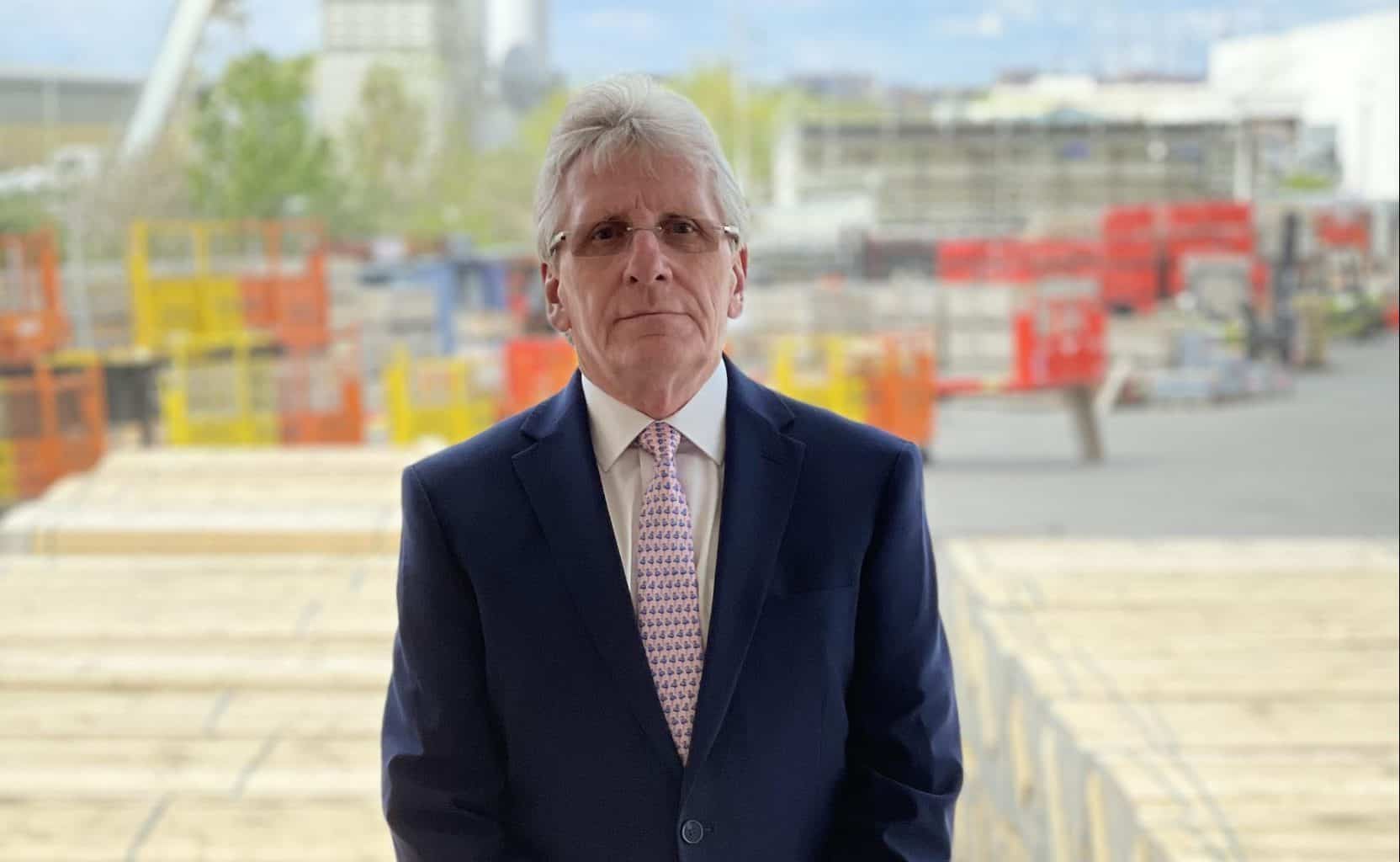There’s no doubt about it: increasing diversity in the construction industry in general and the scaffolding trade in particular, makes a positive difference, explains Des Moore, TRAD Group CEO and NASC President (2017-19)
In fact, it significantly improves commercial performance, increases innovation and collaboration and boosts both productivity and brand reputation. And in today’s world, where there is a long pipeline of works, a shortage of skilled staff and an expectation that suppliers take their responsibility seriously, it’s more important than ever that we make our industry an attractive option for everyone – whether on-site or office-based.
Our industry should be open to everyone who wants to work in it. And to me, it makes no difference who those people are. In fact, I’ve been actively involved in encouraging women, LGTBQIA+, ex-military and ex-prison and those who feel marginalised by society, to think about the scaffolding industry as an option for them.
All walks of life welcome
Not long before the pandemic struck, TRAD hosted a seminar called All walks of life welcome. It was incredibly well attended, showing that companies are taking their diversity responsibilities seriously and not just paying lip service. TRAD is committed to giving everyone a chance within a tolerant and supportive workplace – and we think this should be the norm, not unusual.
And there’s still much to do. Our strength lies in our differences, not our similarities. And our different experiences of life means we can bring a lot of learning to those we work with – as colleagues and to our clients for the benefit of all. But in order to maintain – and preferably to speed up – progress, there are two clear things that all companies in the industry need to commit to:
Make the industry more attractive to applicants – we need to make more of the role models we already have for diversity in the industry. The more common it is to see someone who looks like you in construction, the more likely you are to consider it as an option. Let’s work together to promote construction and scaffolding as an industry for anyone. And industry that supports its own to succeed and an industry that’s a safe space for all.
Look at our ways of working – we are a traditional industry with a traditional approach. But over the past 12 months or more, we’ve seen that construction can still work with people working remotely, working different hours and managing different processes. We should be retaining that flexibility for all our people, helping them to make good choices about work-life balance. Supporting people’s home circumstances means greater productivity at work. It’s our responsibility as business owners and managers to make sure that our workplaces are welcoming, flexible and accommodating
“Encouraging more women into construction is something I actively promoted during my period as President of the NASC – and I am delighted that I was succeeded as President by Lynn Way.”
Tackling gender inequality
For example, we shouldn’t assume that, because we are seen as a traditionally male-dominated industry, women aren’t welcome. Or aren’t talented. Or can’t deliver value. In my experience, it’s the exact opposite. At TRAD, where I have been for over 30 years now, it has always been one of my objectives to balance the business and ensure that anyone who wants to work with us can: currently, 40% of our Board is made up of women; 60% of our Group support office and 25% of our scaffolding business staff are women, and we have female depot heads and sales representatives in our other TRAD companies.
Encouraging more women into construction is something I actively promoted during my period as President of the NASC – and I am delighted that I was succeeded as President by Lynn Way. I wanted to see more women to come into the industry in the first place, and I wanted them to see that they can see there is a career path for them. Together with TRAD, the NASC sponsored the ‘Inspire me’ campaign, which hosted a number of roadshows around the country to highlight the barriers that women might face when they come into the industry, and how we can all work together to change things.
What can we do?
- All leaders must buy in – equality and diversity doesn’t happen by itself. It takes an understanding from the leadership team that promoting a diverse workforce will bring quantifiable business benefits. That understanding must be translated into real and genuine public commitment by the Board or senior leadership team to improve the diversity of the workforce.
- We must challenge assumptions – unconscious bias exists, and it can have a negative effect on your business across all functions, from recruitment to promotions. You can run training and workshops that help your people to see where that unconscious bias exists and learn how to think more openly, looking for talent, skill and attitude from all candidates and employees.
- Measure progress – measuring your progress helps to prove success. Whether you do this by publishing your own gender pay gap statistics and committing to reducing any gaps you have; or you have a target for diversity on your leadership teams or your board, it helps to be able to show how far you have come.
I’m proud of the work we have done at TRAD to bring in talented, skilled, dedicated and creative and diverse people to our teams. It has undoubtedly changed our business for the better, and given our apprentices and management trainees great role models to look up to. We must keep challenging the traditional outlook, championing construction as a career option for anyone and everyone if we are to succeed as a sector in the future.
This article was first published in the ScaffMag Magazine Issue 13
